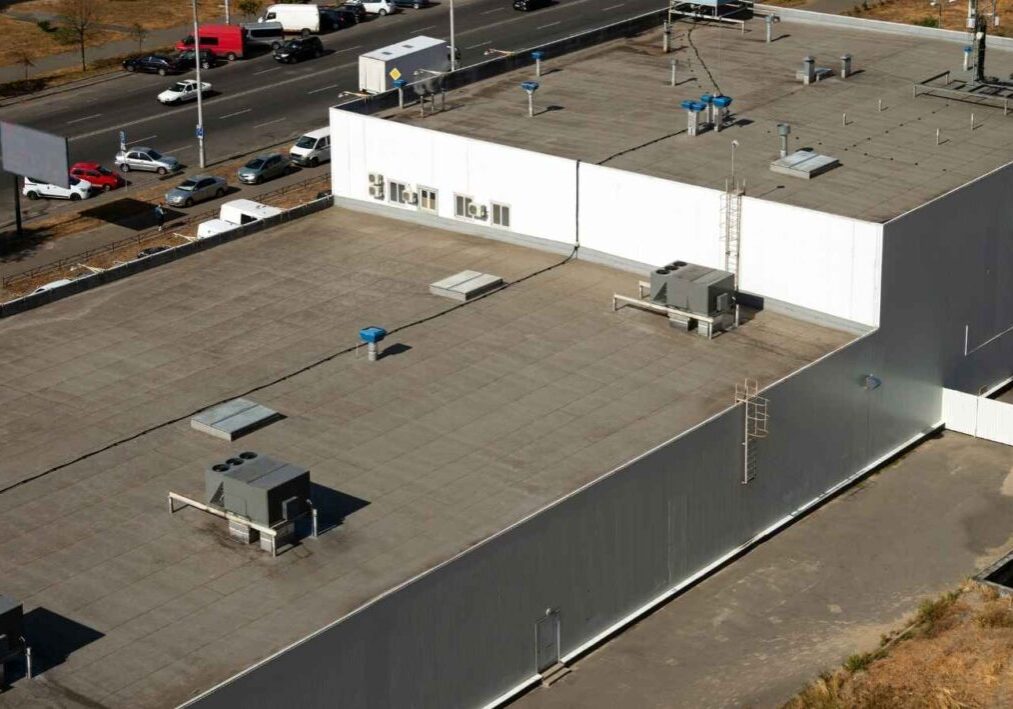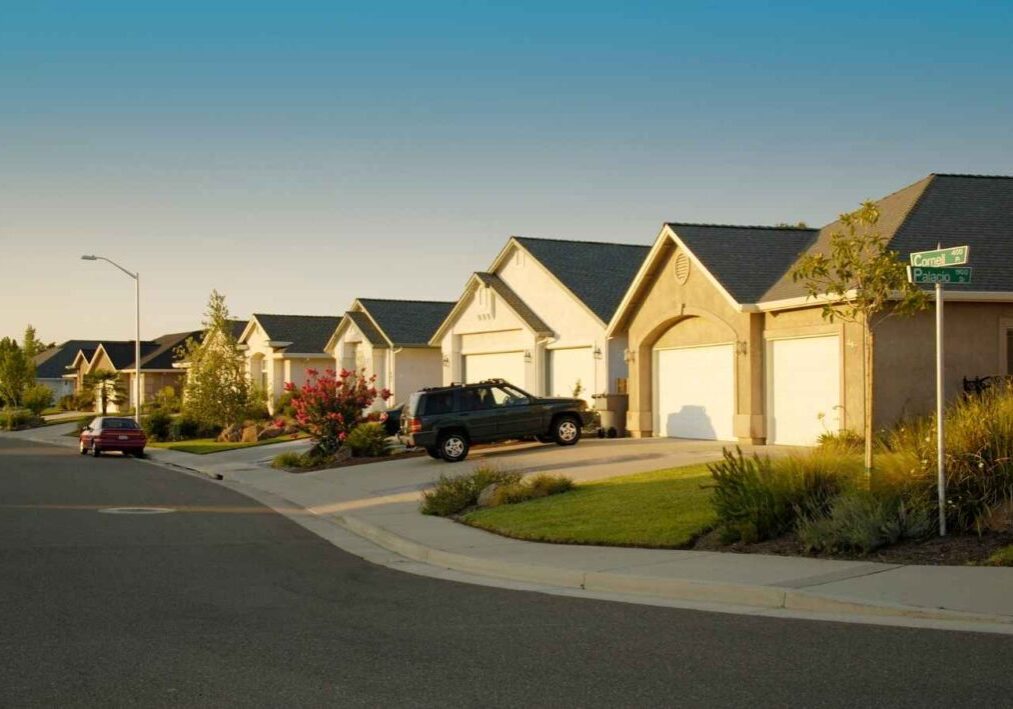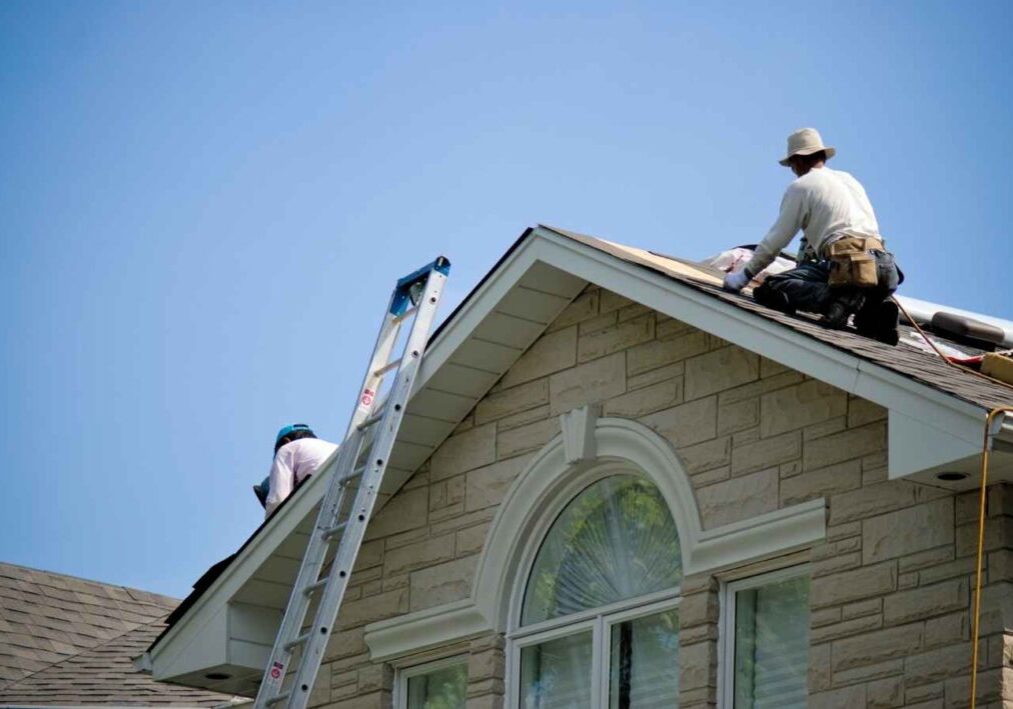Installing Solar Panels on Your Roof: What You Should Know
With the growing emphasis on renewable energy and sustainability, installing solar panels on your roof is becoming an increasingly popular choice for both residential and commercial properties. Solar panels offer numerous benefits, including reducing energy bills, lowering carbon footprints, and increasing property value. However, there are several considerations to keep in mind before embarking on this eco-friendly journey. In this article, we’ll explore everything you need to know about installing solar panels on your roof, including roofing tips, maintenance, and why you should trust a reliable company like All Weather Roofing in Stockton for your roofing needs.
The Benefits of Installing Solar Panels
1. Reduced Energy Costs
One of the most significant benefits of solar panels is the potential to drastically reduce your energy bills. By generating your own electricity, you can significantly cut down on the amount of power you need to purchase from your utility company.
2. Environmental Impact
Solar energy is a clean, renewable resource. By installing solar panels, you contribute to reducing greenhouse gas emissions and dependence on fossil fuels, thus playing a part in combating climate change.
3. Increased Property Value
Homes and commercial buildings equipped with solar panels often see an increase in property value. Potential buyers are attracted to the idea of lower energy costs and a smaller carbon footprint, making your property more desirable.
4. Energy Independence
Generating your own electricity can provide a sense of energy independence. This is particularly beneficial in areas prone to power outages or where utility rates are high.
5. Incentives and Rebates
Various government incentives and rebates are available to offset the initial cost of installing solar panels. These financial incentives can make solar energy more affordable and accelerate your return on investment.
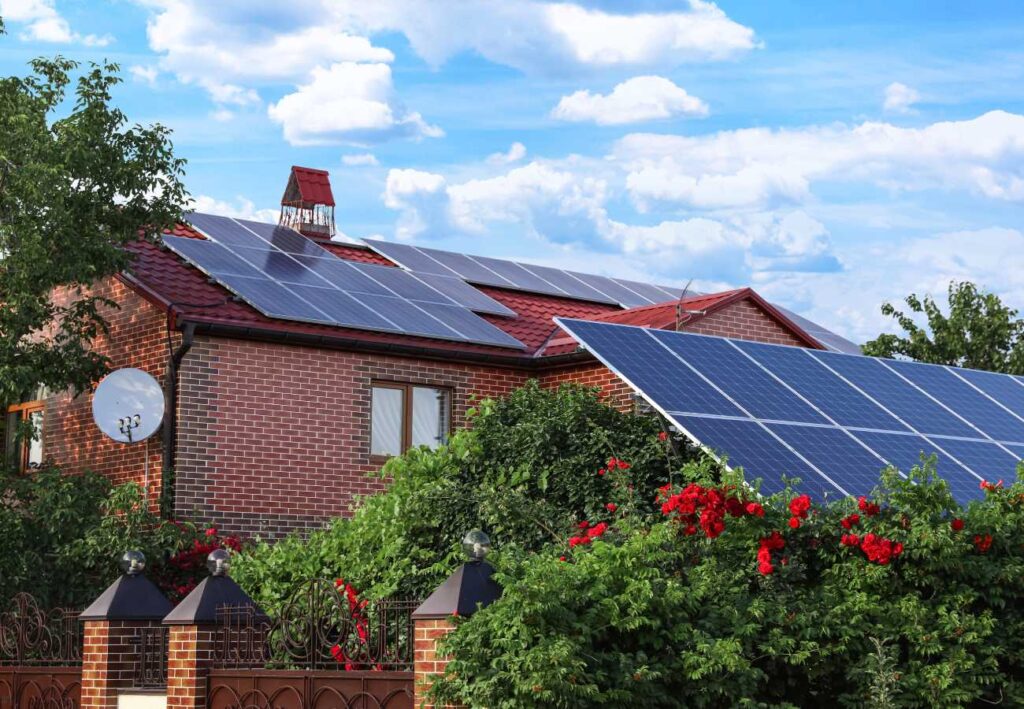
Key Considerations Before Installing Solar Panels
1. Roof Condition
Before installing solar panels, it’s crucial to assess the condition of your roof. Solar panels typically have a lifespan of 25-30 years, so your roof should be in good shape and not require significant repairs or replacement during that period.
2. Roof Type
Solar panels can be installed on various types of roofs, but the installation process may differ. Asphalt shingles, metal, and flat roofs are generally the most compatible with solar panel installations. Ensure your roofing contractor has experience with your specific roof type.
3. Orientation and Tilt
The orientation and tilt of your roof play a significant role in the efficiency of solar panels. In the Northern Hemisphere, south-facing roofs typically receive the most sunlight. The angle of the roof should also be optimized for maximum solar exposure.
4. Shading
Ensure there are no obstructions like trees, buildings, or chimneys casting shadows on your roof. Shading can significantly reduce the efficiency of solar panels.
5. Load-Bearing Capacity
Solar panels add weight to your roof, so it’s essential to ensure your roof can support the additional load. A structural engineer or a qualified roofing contractor can assess your roof’s load-bearing capacity.
6. Local Climate
Consider your local climate and weather conditions. Solar panels are most effective in sunny environments, but they can still generate electricity on cloudy days. However, regions with heavy snow or frequent storms may require additional considerations.
The Installation Process
1. Site Assessment
A professional installer will conduct a site assessment to evaluate your roof’s suitability for solar panels. This includes measuring the roof’s dimensions, checking for shading issues, and assessing the roof’s condition.
2. Design and Permitting
Once the assessment is complete, the installer will design a solar panel system tailored to your roof’s specifications. They will also handle the necessary permits and paperwork required for installation.
3. Installation
The installation process involves mounting the panels on your roof and connecting them to your electrical system. This typically takes a few days, depending on the complexity of the installation.
4. Inspection and Activation
After installation, the system will be inspected to ensure it meets all safety and performance standards. Once approved, your solar panel system can be activated, and you can start generating your own electricity.
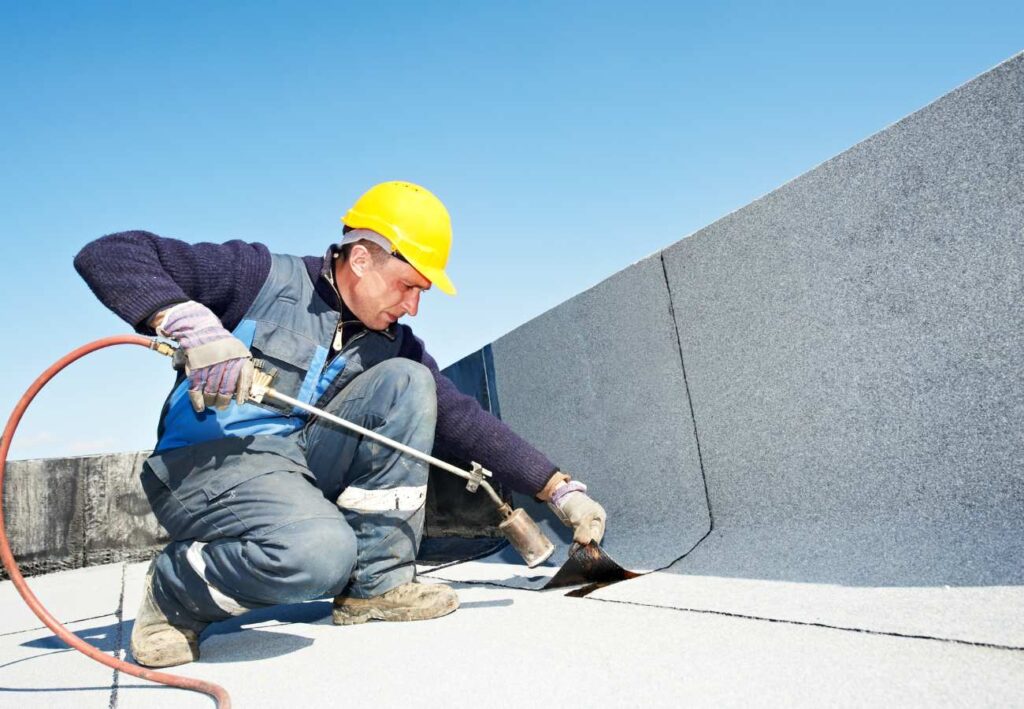
Roofing Maintenance and Solar Panels
1. Regular Inspections
Regular roof inspections are crucial to ensure both your roof and solar panels remain in optimal condition. This includes checking for any damage, leaks, or wear and tear.
2. Cleaning
Keep your solar panels clean to maintain their efficiency. Dust, debris, and bird droppings can reduce the amount of sunlight reaching the panels. Depending on your location, you might need to clean the panels a few times a year.
3. Gutter Maintenance
Clogged gutters can lead to water damage, which can affect both your roof and solar panels. Ensure your gutters are regularly cleaned and in good working condition.
4. Professional Maintenance
Hiring a professional for regular maintenance can help identify and address issues before they become significant problems. A trusted roofing company like All Weather Roofing can provide comprehensive maintenance services.
Choosing a Trusted Roofing Company in Stockton
When it comes to installing solar panels, the expertise of your roofing contractor is crucial. Here’s why you should choose All Weather Roofing for your roofing needs in Stockton:
1. Experience and Expertise
All Weather Roofing has extensive experience in both residential and commercial roofing. Their team of professionals is well-versed in the latest roofing techniques and technologies, ensuring a high-quality installation.
2. Comprehensive Services
From roof inspections and repairs to complete installations and maintenance, All Weather Roofing offers a wide range of services. They can assess your roof’s suitability for solar panels and provide necessary repairs or upgrades.
3. Quality Materials
All Weather Roofing uses only the highest quality materials to ensure durability and longevity. This is especially important when installing solar panels, as the roof needs to withstand the additional load and exposure to elements.
4. Customer Satisfaction
Customer satisfaction is a top priority for All Weather Roofing. Their commitment to providing exceptional service and high-quality workmanship has earned them a reputation as a trusted roofing company in Stockton.
5. Safety Standards
Safety is paramount in roofing projects. All Weather Roofing adheres to strict safety standards to ensure the well-being of both their workers and your property.
6. Local Knowledge
As a local company, All Weather Roofing understands the specific needs and challenges of roofs in Stockton. They can provide tailored solutions that take into account the local climate and building regulations.
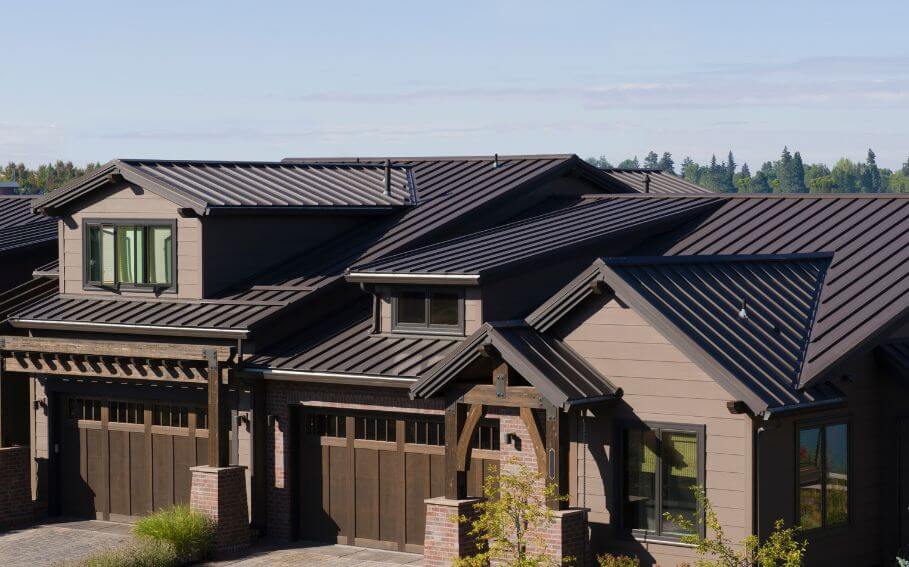
Conclusion
Installing solar panels on your roof is a smart investment that offers numerous benefits, from reducing energy costs to contributing to environmental sustainability. However, it’s essential to consider factors such as roof condition, orientation, and local climate before proceeding with the installation.
Partnering with a trusted roofing company like All Weather Roofing in Stockton ensures that your roof is in optimal condition and that the installation is done correctly. Their expertise in roofing maintenance, repairs, and installations makes them the ideal choice for preparing your roof for solar panels.
If you’re considering solar panels for your home or commercial property, contact All Weather Roofing today. Their professional team will guide you through the process, from initial assessment to final installation, ensuring a smooth and successful transition to renewable energy. With All Weather Roofing, you can enjoy the benefits of solar energy with the confidence that your roof is in expert hands.
Share this post:

